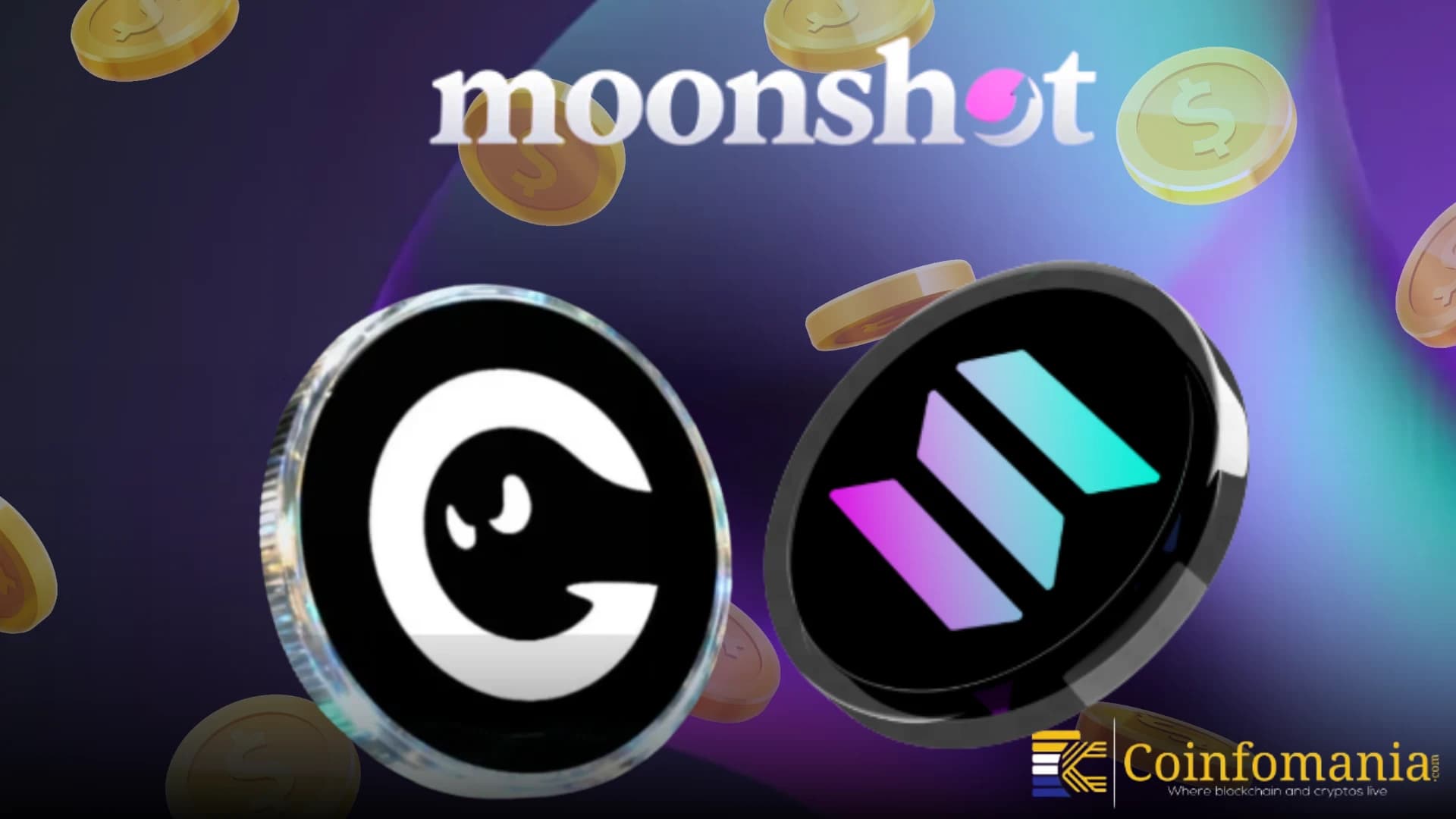Juventus Faces Investor Pressure as Tether Pushes for Board Seat
Discover why the Tether investment in Juventus faces setbacks, as weak communication stalls governance talks.

Quick Take
Summary is AI generated, newsroom reviewed.
Tether owns 10.7% of Juventus but faces stalled talks over a board seat.
Juventus and Exor show little engagement, frustrating Tether’s push for influence.
The case highlights tension between traditional sports governance and modern investors.
The crypto firm Tether made a Tether investment in the Juventus football club on February 14, 2025. This was the first time a major European team accepted a crypto company as a major shareholder. By April, Tether owned 10.7% of Juventus shares, valued at around €128 million. That stake made Tether the second-largest shareholder, following Exor NV, which is controlled by the Agnelli family. However, by June 25, Bloomberg reported that the relationship had become strained due to weak communication. There has reportedly been little interaction between Tether and the club since the initial share purchase. This tension raises concerns about how crypto in sports partnerships function beyond surface-level investments.
Stalled Communication Undermines Tether’s Push for Board Representation
Tether’s CEO Paolo Ardoino has voiced his frustration with both Juventus and Exor NV. He said Tether’s attempts to join capital talks and secure a board seat were ignored. Tether believes board involvement would help protect Juventus’ financial and operational stability long term. Letters were exchanged with Juventus in hopes of arranging a meeting, but nothing was confirmed. Juventus suggested that talks could occur after the Club World Cup concludes in early July. Until then, communication appears stalled, with no clear path toward resolution or agreement. Ardoino indicated that Tether remains open to discussions but needs meaningful engagement from the club.
Exor’s Legacy Control and Tether’s Modern Business Model
Juventus has not confirmed whether it will seek more outside capital in the near future. In March, it considered raising €15 million or up to 10% of its market value. The funds would partly support new player acquisitions and other club development efforts. Exor contributed €15 million in advance and plans to maintain its 65.4% ownership share. Juventus expects to report a €18 million financial loss by the end of this year.
Exor has controlled Juventus for nearly a century through its €40 billion investment structure. This group also holds major interests in Ferrari, Stellantis, and Christian Louboutin. By contrast, Tether was founded in 2014 and remains relatively new. Tether opened its first public office in El Salvador only in January 2025. It has no independent board and provides limited financial transparency to the public. Tether’s $150 billion asset portfolio backs its USDT stablecoin, with $115 billion in U.S. Treasuries. In 2023, TRM Labs said USDT was linked to $19.3 billion in illicit financial activity.
Leadership at Tether Reconsiders Future Stake Amid Ongoing Uncertainty
Still, Tether continues to invest beyond its crypto operations into several unrelated business sectors. The crypto firm has placed funds in agriculture, artificial intelligence, and digital media ventures. In March, Tether acquired a 30% stake in the Italian media company Be Water. Ardoino said these investments could benefit Juventus through off-field operations and long-term planning tools. He noted artificial intelligence could support club management, scouting, and other strategic functions. However, poor communication with Juventus has caused Tether to slow further Tether investment in the club.
Juventus-Tether Conflict Creates Doubts About Crypto in Sports
Tether’s future role in Juventus is currently uncertain and under review by its leadership. Tether CEO Ardoino and chairman Giancarlo Devasini are longtime fans but are now reassessing their involvement. They appear cautious, waiting to see if any meaningful dialogue can develop post-tournament. Their experience shows challenges when traditional clubs and fast-evolving firms work together. Although the Tether investment brought funds, governance participation remains unresolved. Without clearer cooperation from Juventus or Exor, the long-term impact may stay limited. This case reflects broader tensions between legacy institutions and newer financial technologies entering the sports industry.
Follow us on Google News
Get the latest crypto insights and updates.


